
Jessica Mauboy has a great chance of taking us to the grand final of the ‘gay Olympics’
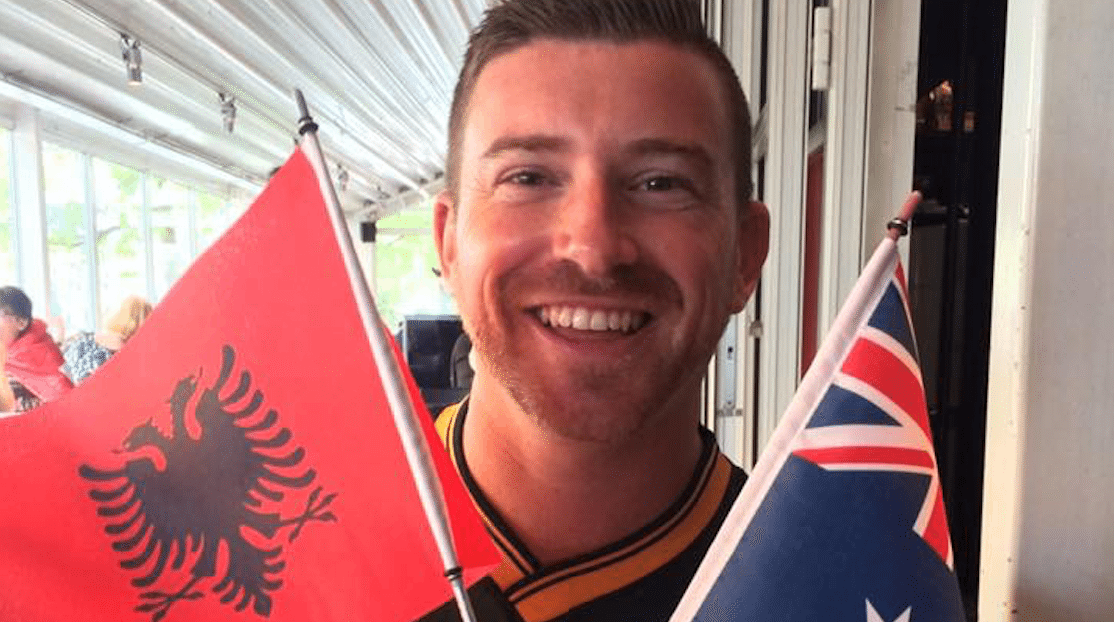
Eurovision is sometimes known as the ‘gay Olympics’ or the ‘gay World Cup’, and with the array of euro-pop music coupled with over the top staging and outfits, who could imagine why?
Stereotypes aside, the competition is known for its loyal and sometimes fanatic LGBTIQ fanbase, and the stats back this up.
A poll of Eurovision fan site ESC United found that 44% of their followers identified as gay or bisexual, which is somewhere between four to eight times more than the population (depending on which study you want to use).
Now of course the users of ESC United aren’t your typical lot, they are the kind of people who take Eurovision very very seriously (myself included) and probably aren’t entirely representative of the 200 million plus people who watch the contest every year.
Given its massive viewership in Europe and beyond, the competition as faced some uncomfortable moments over the years.
In 2009, LGBTIQ protesters were arrested in Moscow including Brit-Australian campaigner Peter Tatchell, there was major controversy surrounding Conchita Wurst’s performance in 2014 with threats of a boycott, and just this year LGBTIQ fans were warned about threats of violence towards them in Ukraine.
However, there has also been much progress in that time.
We had the first same-sex kiss in 2013 from Finland’s Krista Siegfrids, and most notably there was Conchita’s inspiring win after her criticism in 2014 (where she also picked up many votes from conservative Eastern European nations).
She celebrated her victory with a pointed victory statement: “We are unity, and we are unstoppable.”
And unstoppable we’ve continued to be. The following two years saw the first same-sex male kiss from the Lithuanian act in 2015 and out bisexual man Douwe Bob from the Netherlands perform in 2016.
After many stayed away from Kyiv this year, the contest in 2018 should be an extremely welcoming one for LGBTIQ fans.
Portugal has had marriage equality since 2010 and Lisbon is known for a thriving gay scene.
And following Jessica Mauboy’s announcement as Australia’s artist this week our chances of making the Grand Final and performing well have skyrocketed.
This all lends itself to a popular event that has already seen a huge demand for tickets and accommodation so if you are thinking about going to the contest next year you need to take action very soon.
The next round of tickets for the Grand Final will be available on December 20, with more tickets released for the semi-finals in January.
A great way to stay on top of the news or get more ticket information is to join the official Australian Fan Club or to follow fan sites including the one I co-run, Aussievision.
Regardless of whether you are there live or watch the SBS coverage in Australia, you will witness an international event that has been and will be continued to be loved by the LGBTIQ community.
Dale Roberts co-runs Eurovision website and podcast Aussievision, which you can follow on Twitter: @aussievisionnet or Facebook: facebook.com/



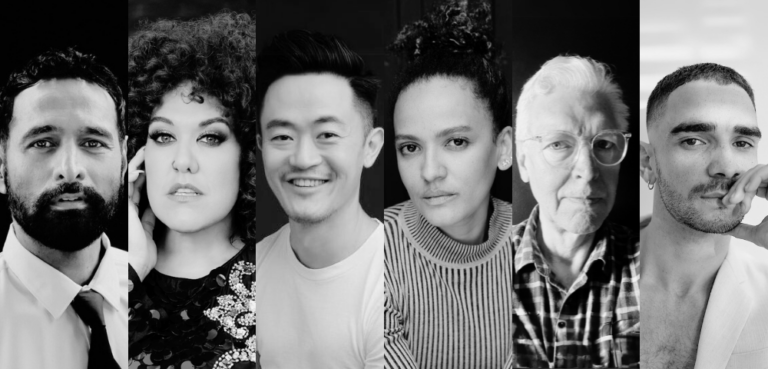
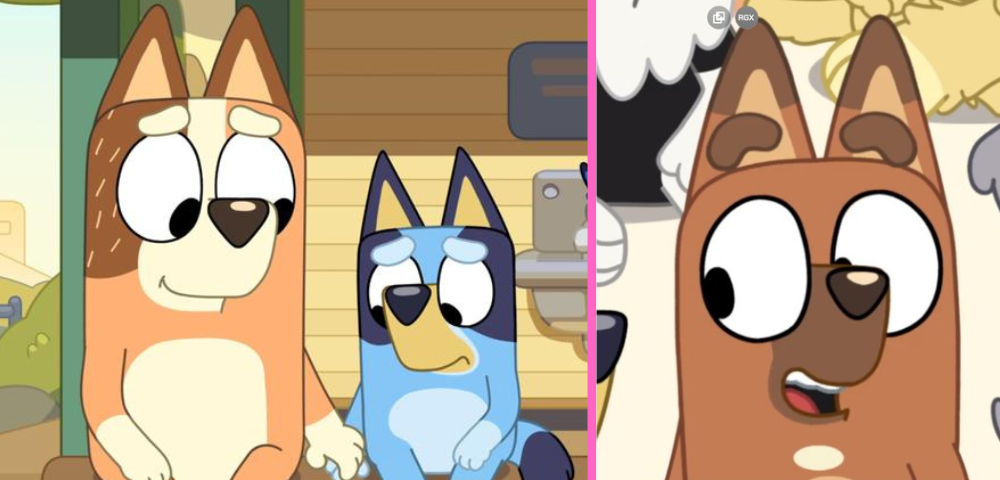
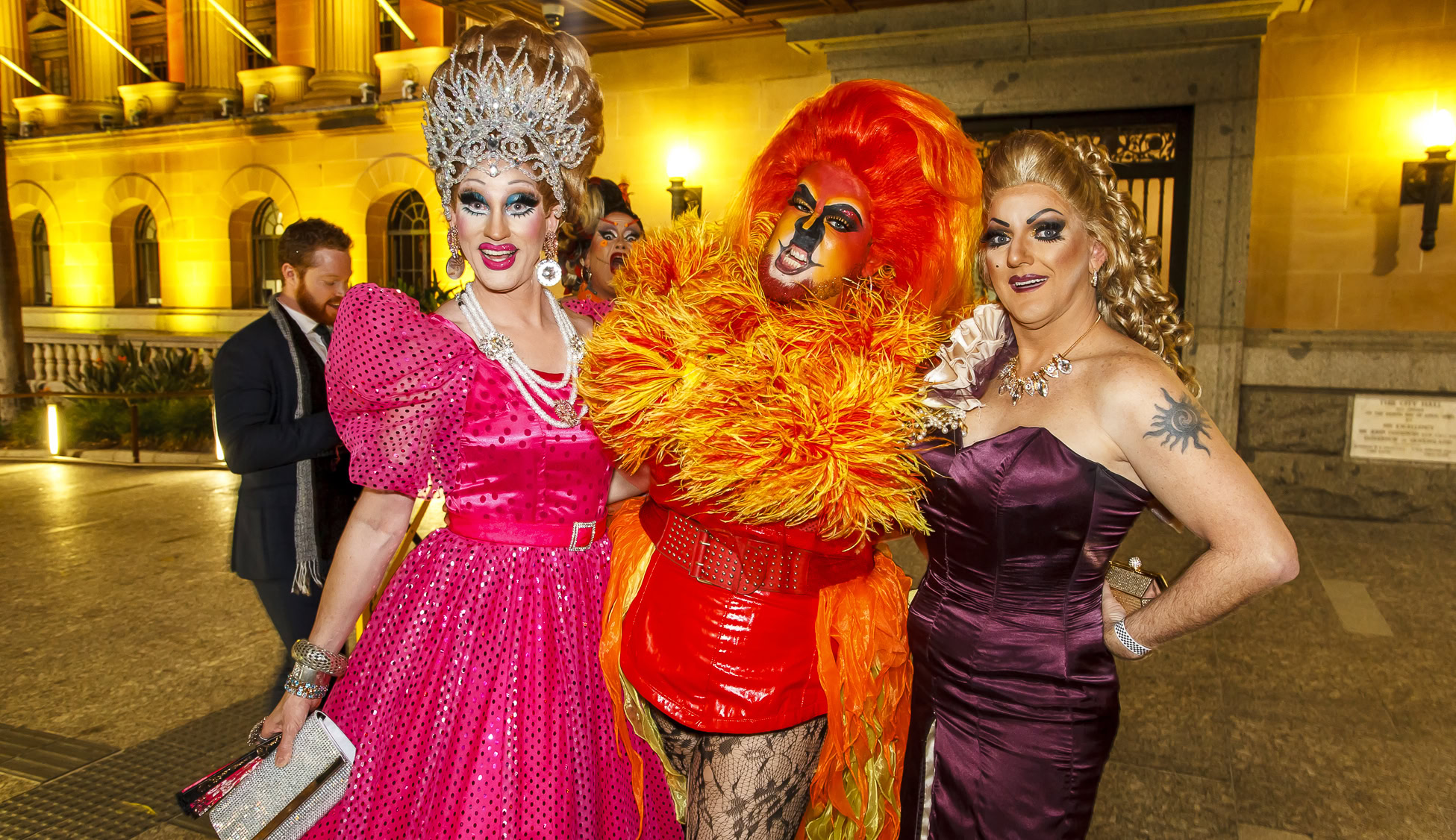

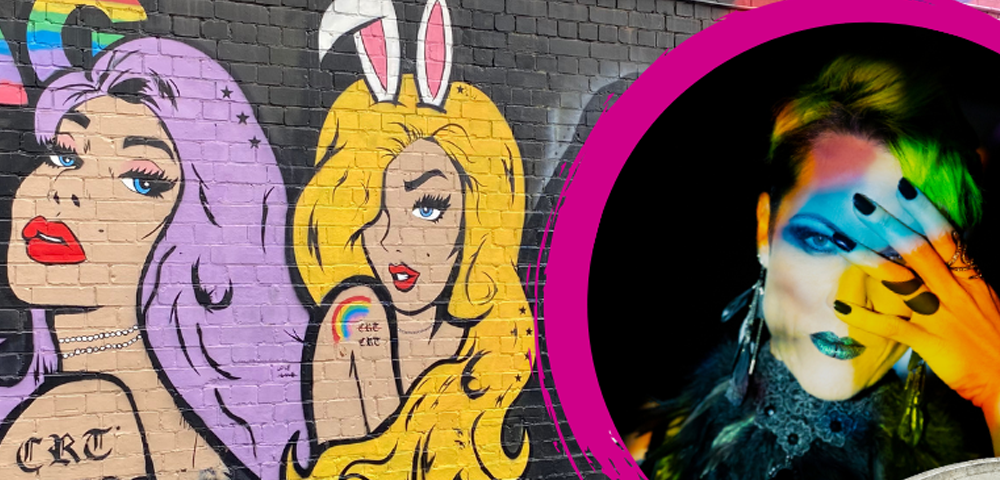
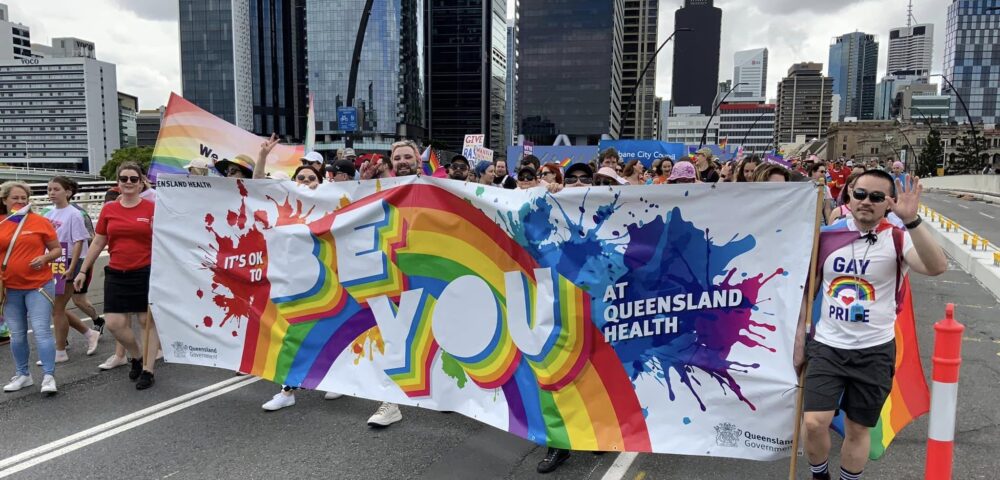

We have plenty of gay games. Why is Eurovision now our Olympics? I’ve ever heard it referred to as gay Christmas. What about Stonewall Day?
Young gays: making everything fluff and tacky.